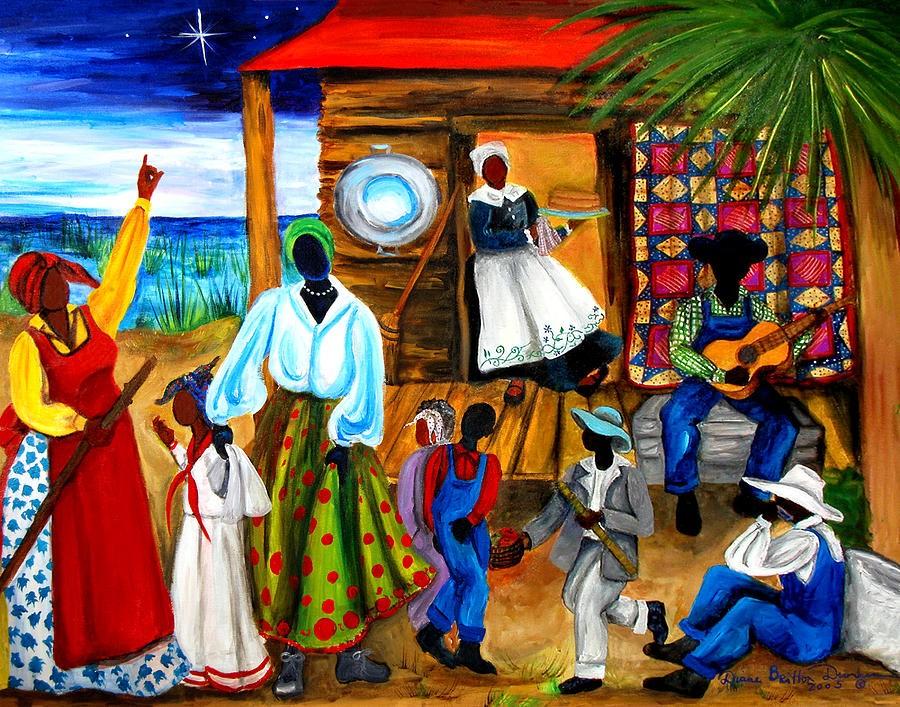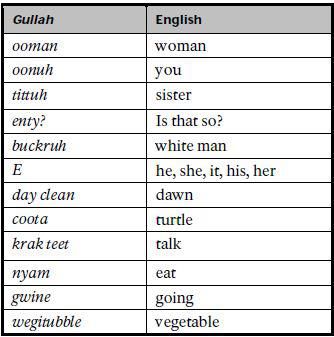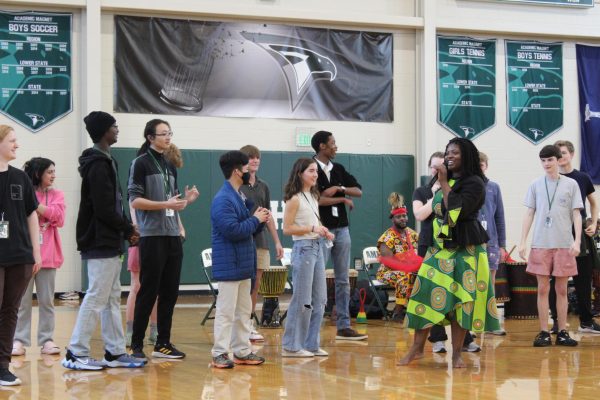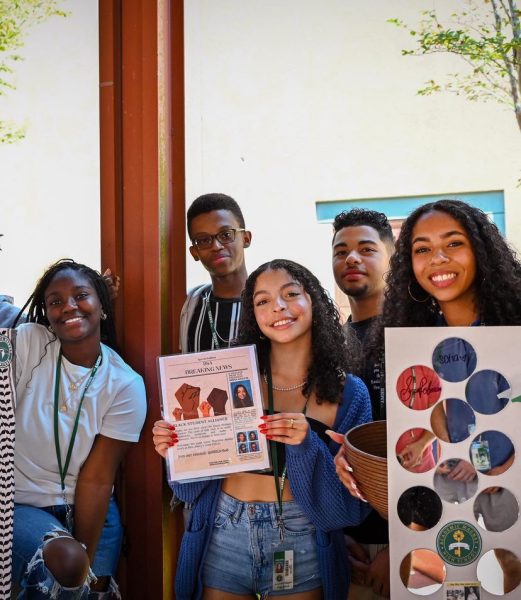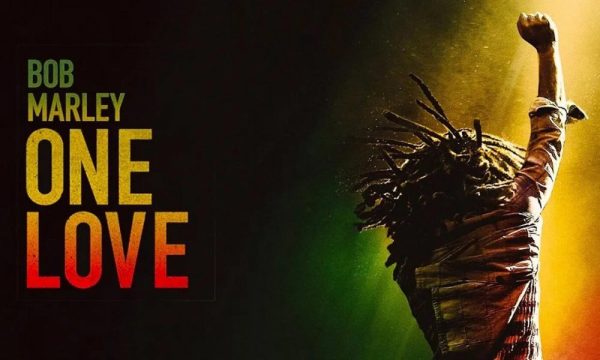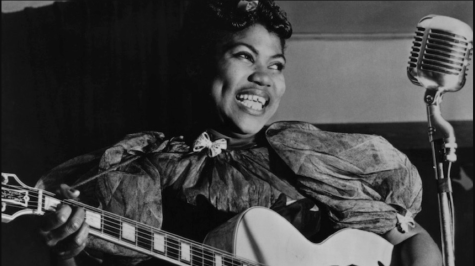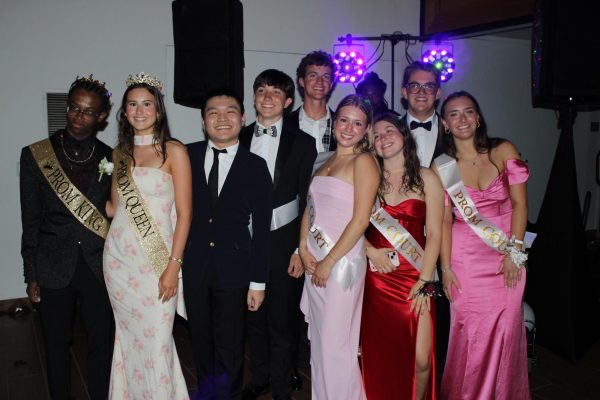The Lowcountry’s Legacy: Gullah Tradition
South Carolina is one of the homes of the origin of Gullah and its traditions that have enriched the culture of the Lowcountry. Gullah is not only a language, but an influence on how the Lowcountry is today. But, what really is Gullah and how did it find its way here?
The Gullah culture originated in the coastal plantations of North Carolina, South Carolina, Georgia, and Florida and was shaped by captive Africans brought from West and Central Africa to work as slaves. The slaves in this region developed their own culture and creole language that encompassed their own African traditions, which are still present in the Lowcountry’s culture.
Did you know that…
- The word “gullah” might be a distortion of “Angola”, the region where almost half of slaves sold in Charleston were from.
- Gullah is not broken English, but an actual spoken language that is still used today. Here are some common Gullah words:
- Gullah foods are based on the taste of the “preparer”, not an actual recipe.
- Ingredients from Gullah foods originated from the rations given to slave cooks such as rice, peas, sweet potatoes, grits, pork, molasses, and fish.
- The sweet grass baskets woven by women typically sold around Charleston were originally woven by men on plantations.
All information was found on the following sites. To learn more about the Gullah culture, please follow these links:
http://www.africanamericancharleston.com/gullah.html



